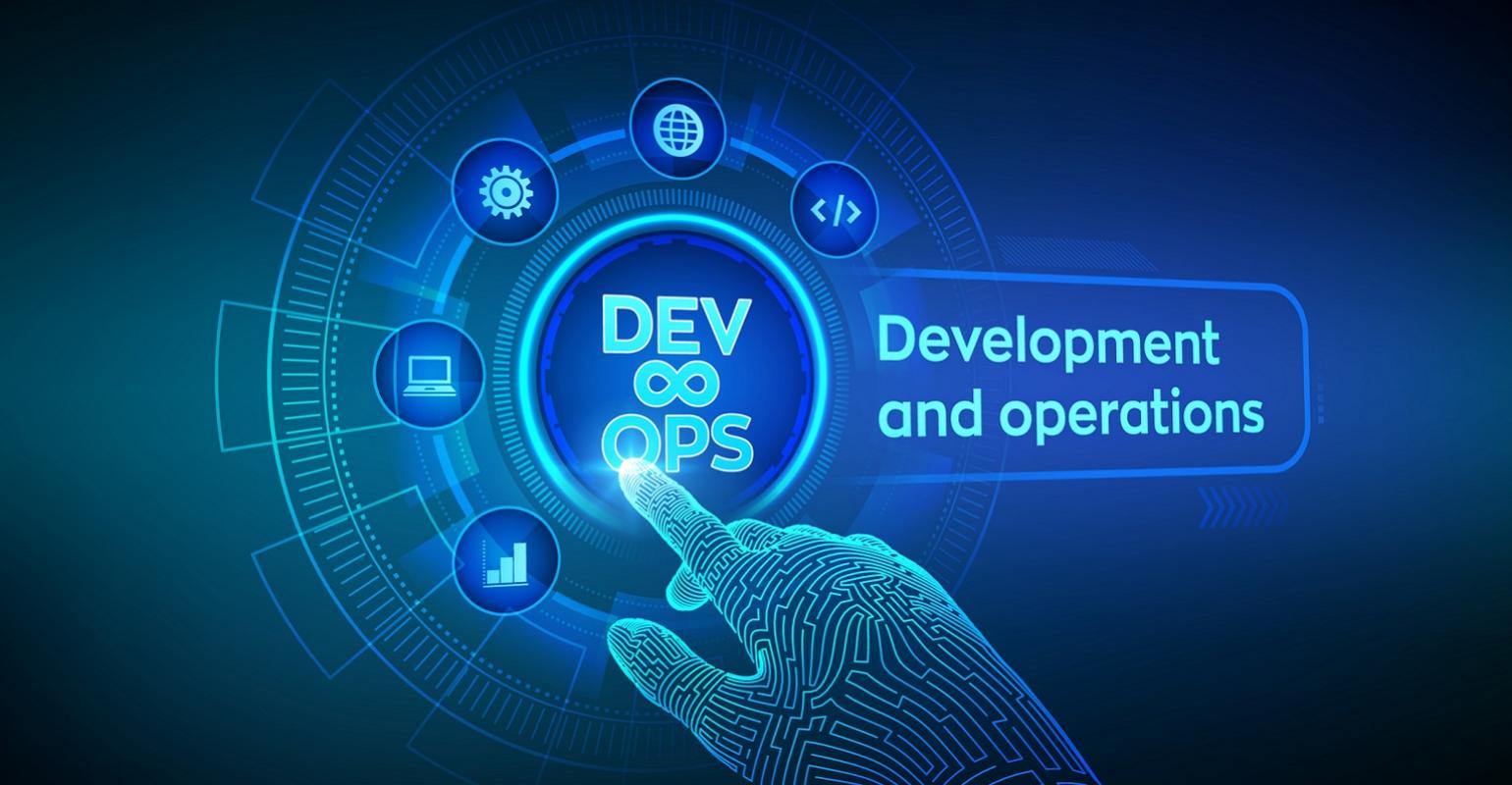We collected opinions from 7 DevOps experts on what they think will be a trend in 2021 with context to DevOps.
1. Migrating to microservice will become a must –
“Migrating from monolithic to microservice and containerized architecture will be a must for all the company for their Digital Transformation journey. It’s not going to be a choice or option anymore. This is where the adoption of Kubernetes will be on rise and when organizations will adopt multi-cloud, Terraform will be the ultimate choice to automate Infrastructure.” – Sachidananda Pattnaik, Lead DevOps Engineer at Wipro Limited
2. Hybrid will become the deployment norm –
“2020 accelerated remote work, expedited the migration to cloud, and turned DevOps from a best practice to an essential part of every business. As we move into 2021 the industry will embrace hybrids on multiple facets. First, businesses will fully embrace hybrid workforces that combine the advantages of remote work and on-site team collaboration. Second, business models will become hybrid, such as conferences that merge virtual scale with local networking. Finally, hybrid will become the deployment norm as companies modernize their stack to take advantage of cloud-native technologies, but realize that not everything can move off-prem. The winners in 2021 will be companies who embrace hybrid across their business, model, and products.” – Stephen Chin, VP of Developer Relations at JFrog
3. DataOps will boom –
“DataOps will definitely boom in 2021, and COVID might play a role in it. Due to COVID and WFH situation, consumption of digital content is skyrocket high which demands a new level of automation for self-scaling and self-healing systems to meet the growth and demand.
So far, DevOps are setting up systems for Logging, Monitoring, and Alerting only (ELK/EFK Stacks, Prometheus/Grafana/Alertmanager, and so on) Now, it is high time for DevOps to step up and use available data and metrics to generate valuable insights, learn and apply machine learning models to predict incidents or outages, develop automation which learns itself from the data and forecast capacity to improve budget planning. Many have already started calling MLOps/AIOps to this part.” – Nirav Chotai, Senior DevOps Engineer at Rakuten
4. Resilience testing will become mainstream –
“The intersection between Observability, Performance Testing, and Resilience Testing will become mainstream from my point of view. With the recent Ops issues of WW leaders such as AWS and Google, and digital transformation accelerating in all verticals, the market will come to realize that infinite scalability provided by public or private cloud flavors is not enough.” – Patrick Wolf, Head of Product at Neotys
5. GitOps will become a norm –
“A “you build it, you own it” development process requires tools that developers know and understand. GitOps is the name for how DevOps use developer tooling to drive operations.
GitOps is a way to do Continuous Delivery. More specifically, it is an operating model for building Cloud Native applications that unify Deployment, Monitoring, and Management. It works by using Git as a source of truth for declarative infrastructure and applications. Automated CI/CD pipelines roll out changes to your infrastructure when commits are pushed and approved in Git. It also makes use of diff tools to compare the actual production state with what’s under source control and alerts you when there is a divergence. The ultimate goal of GitOps is to speed up development so that your team can make changes and updates safely and securely to complex applications running in Kubernetes.” – Soumen Sarkar, Principal Architect at Macy’s

6. There will be more migrations to serverless –
“2021 will be a year to watch for more migrations to serverless .. if containers and orchestration were Generation Z .. live loads on serverless will be Gen z+ .. pay per use will go to pay only when you use model .. pay per use and pay only when you use may appear the same ..but think of running k8s pod-based microservice to running the same on serverless when you need.” – Shivaramakrishnan G, Site Reliability Engineering Manager at Lifion by ADP
7. NoOps comes to the scene –
“I envision more managed services appearing and reducing our DevOps operations and reducing OPEX in customers. More Serverless apps, more serverless services like Aurora Serverless, Fargate, Amazon S3, and serverless static websites. Amazon ECS/EKS in data centers(new release re:invent 2020), and cloud management services that allow you to reduce maintenance and development in data centers. In the same lines, more cloud-native principles and features ported to data-centers, Ex. Knative.” – Alfonso Valdes, CEO at ClickIT Smart Technologies





